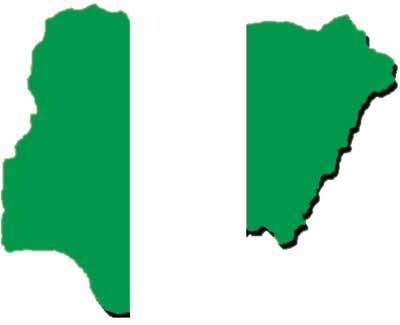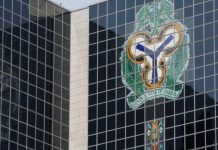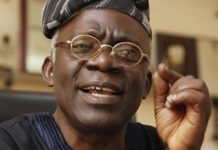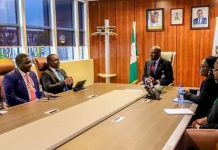The future of Nigeria’s economy was a major focus of the January 2020 Global Economic Prospects reports of the World Bank and the International Monetary Fund (IMF). Though the two global financial institutions gave different projections, 2.1 per cent by the World Bank, and 2.5 per cent by the IMF, for the Nigerian economy this year and next year, both agree that policy uncertainty and inconsistency could weaken Nigeria’s economic outlook unless the government takes appropriate fiscal and monetary policy reforms.
Specifically, the World Bank’s report described the projected growth rate of 2.1 per cent as “subdued,” weaker than previous projections, indicating that so far, the government’s macroeconomic framework inspires little confidence. This has been a major concern of domestic and external markets experts. The Breton Woods institution anchored its doubt over the Federal Government meeting its projected growth rate this year on a combination of factors, including multiple exchange rates, foreign exchange (fx) restrictions, persistent inflation, among other indicators. Besides, the World Bank said it has observed that the Central Bank of Nigeria (CBN) has been targeting different policy objectives that do not provide a firm anchor for confidence. The latest report came a month after the World Bank warned that the gradual depletion of fiscal buffers in the Excess Crude Account (ECA) had rendered Nigeria more vulnerable to external shocks.
Worse still, the bank noted that economic recovery in the sub-Saharan Africa which Nigeria is a key player, has lost momentum. Nonetheless, there is hope for economic growth rebound, the bank stated, but it will depend on improved investor confidence, friendlier foreign exchange regime, deepening the diversification effort, infrastructure development, especially in the power sector and stemming the current high inflationary headwinds.
We believe that policy uncertainty is weakening Nigeria’s economic outlook, but it can be erased if the government can initiate pragmatic economic policies that will inspire investors’ confidence. More should be done to chart a coherent direction for the economy. Currently, investors’ confidence in the economy is low. Businesses are merely struggling to survive due to government’s policies.
Statistics show that rising inflation, decline in private investment inflows and other macroeconomic challenges characterise the economy. For instance, inflation closed at the end of December 2019 at 11.98 per cent, making it the fourth consecutive month of rising inflation. These factors indicate that the economy is yet to recover as no appreciable growth has been experienced across key sectors of the economy. The result is that the near mono-product nature of Nigeria’s economy may continue to expose the country to volatility in the global oil prices. The challenges facing businesses in the country still remain in spite of Nigeria’s recent upward movement by 15 places in the Ease of Doing Business ranking index.
We urge the government to intensify its diversification effort and embrace realistic structural reforms with specific timelines to attract private investments and stimulate growth. At present, businesses struggle to survive owing largely to multiplicity of levies, which the Organised Private Sector (OPS) has complained about. Infrastructure challenges, sluggish growth, excessive regulations, high cost of credit, insecurity and unfavourable government policies are unattractive to many investors. We agree that our economy is wobbling due to government’s macroeconomic policy and the business environment which remains largely unattractive. Government should intensify effort to diversify the economy through agriculture and solid minerals development.
Government should see the World Bank’s report as a walk-up call to rejig the economy. There is need to control the high inflationary pressure, especially the rising cost of food items. Perhaps this explains why recently, two global credit rating agencies, Moody’s and Fitch downgraded Nigeria’s economic outlook from stable to negative on the back of slow fiscal growth and increasing vulnerability to external shocks. Even the banking industry last year was reported to have borrowed N19.6trillion from the CBN amid rising liquidity challenges. Therefore, government should make possible conducive environment to attract foreign investors. It should prioritise Foreign Direct Investment (FDI) over Foreign Portfolio Investment (FPU). Unfortunately, the Finance Act that came into effect recently may discourage foreign investors as it places more emphasis on revenue generation for the government through taxes.
There is so much work to do to revamp the economy and position it on the path of growth. At present, Nigeria’s terms of trade has fallen by 2.7 per cent, according to data from the National Bureau of Statistics. Government should heed the warning of the World Bank Group, cut down excessive borrowing and cost of governance, ensure exchange rate stability and put more effort into private investment in the economy. The uncertainty in the economic outlook calls for urgent measures to avert another recession.







